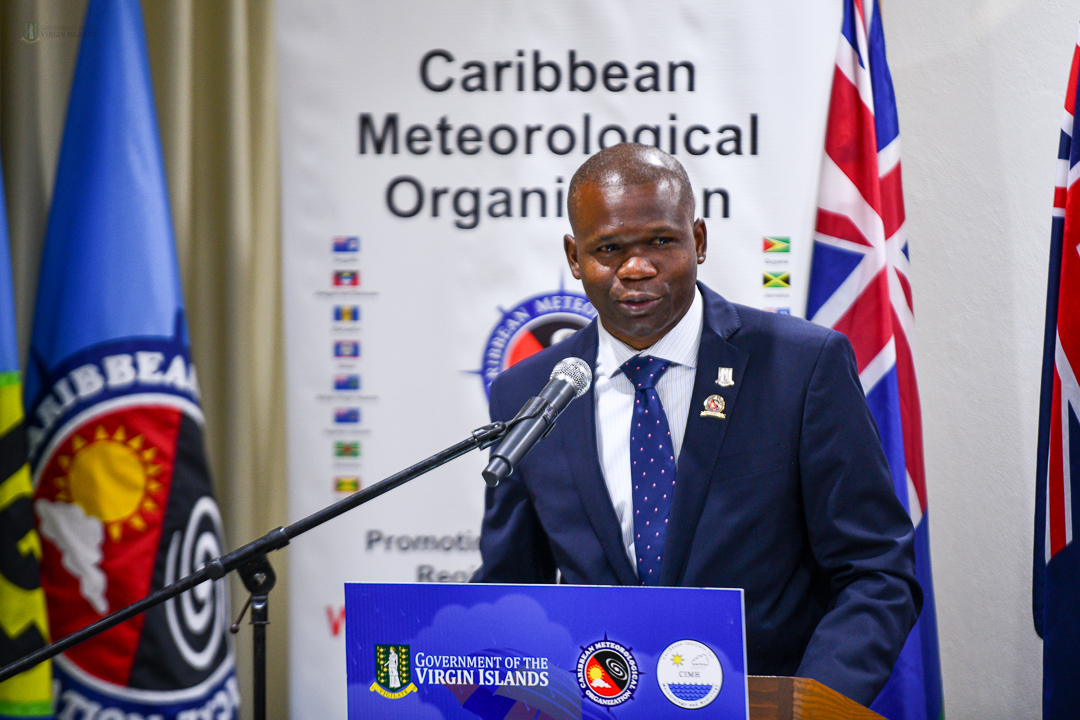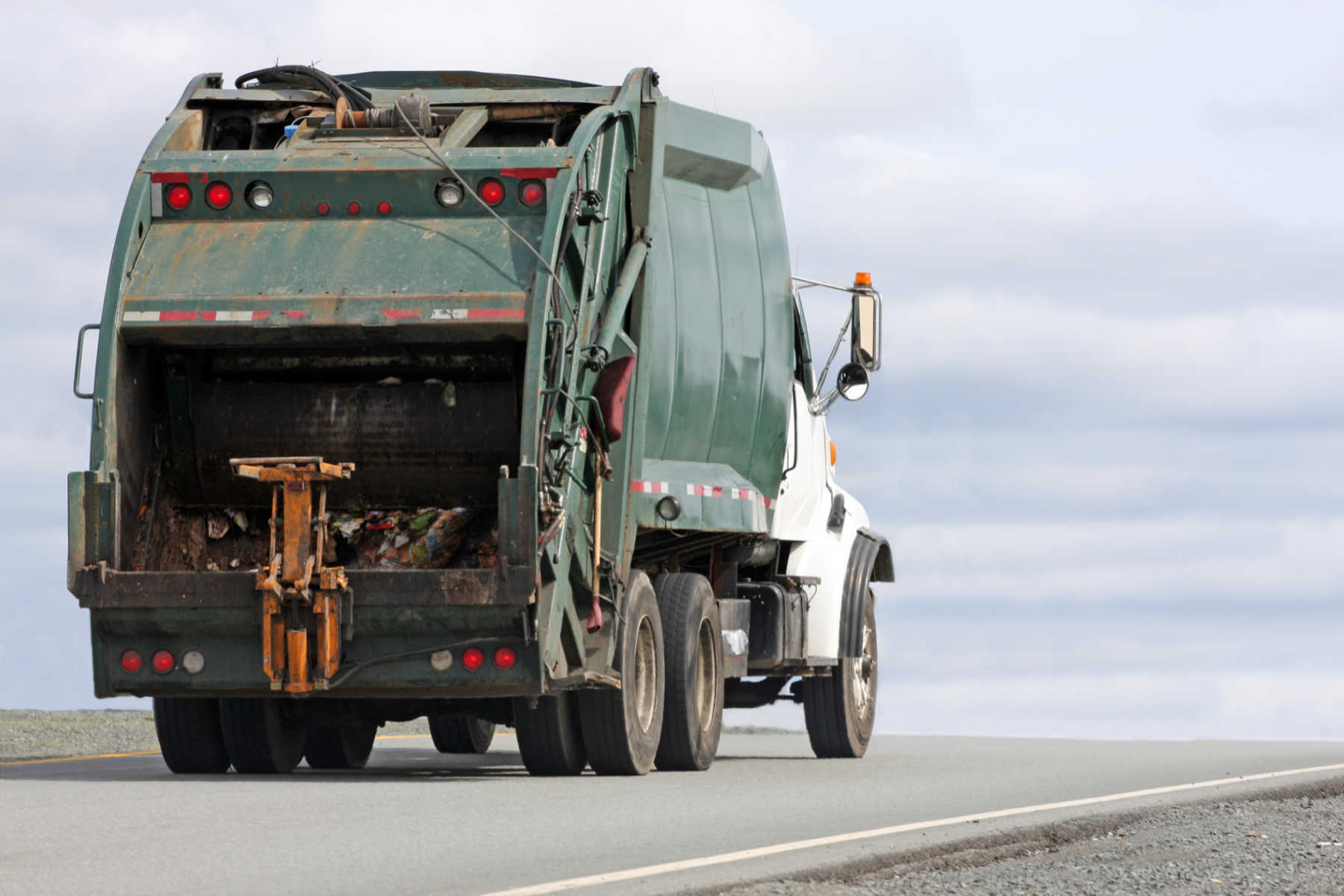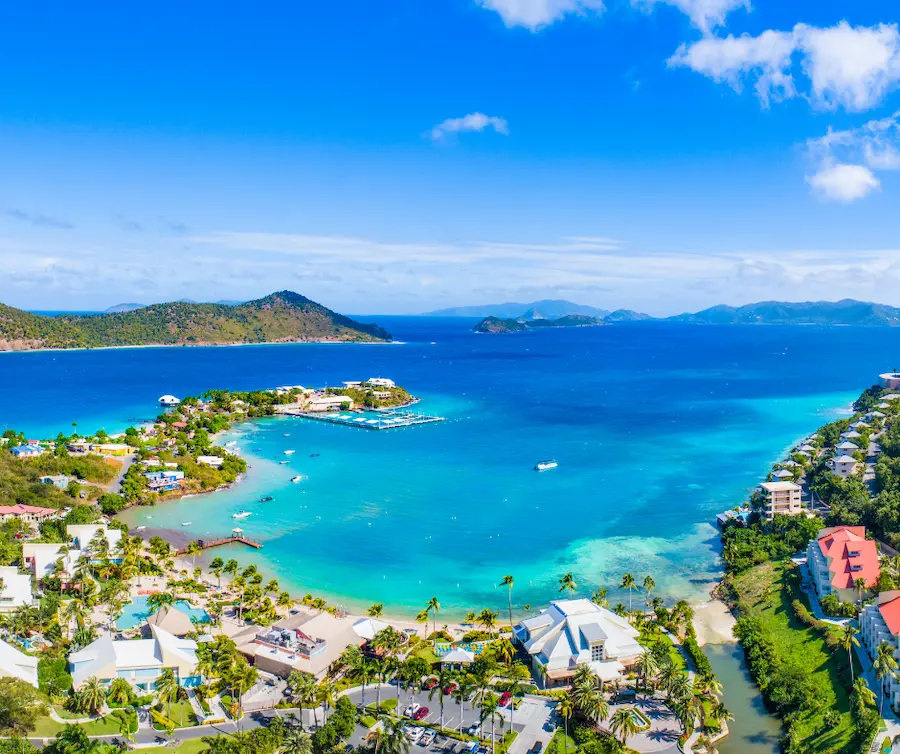

Weather, climate change and disaster management were on the agenda last week when the territory hosted leaders and meteorologists from around the region at the 67th Session of the Caribbean Meteorological Council.
Also at the Nov. 18-22 meeting, government ministers, permanent secretaries and directors responsible for meteorology discussed enhancing the capabilities of the council’s 16 member states to provide authoritative, user-friendly information and services.
Communications and Works Minister Kye Rymer, who is the council’s incoming chair, delivered opening remarks.
“This gathering presents us with a unique opportunity to reflect on our achievements, identify gaps, and outline a forward-thinking agenda that aligns with global initiatives such as the United Nations’ Sustainable Development Goals and the UN’s Early Warnings for All initiative,” he said. “Our shared mission is clear: to ensure that no one in our region is left without access to the timely and actionable information needed to safeguard lives, protect livelihoods and build climate resilience.”
Economic benefits
In the Virgin Islands, he added, such information is critical to the health of the economy.
“Recognising this, we are taking deliberate steps to establish a National Meteorological Service that will serve as a cornerstone for building a resilient and sustainable territory,” he said.
This initiative — which is being carried out with the help of the Caribbean Meteorological Organisation — aligns with the territory’s National Sustainable Development Plan, according to the minister.
He added that it will help the VI respond to severe weather events, mitigate disaster risks, and contribute to international meteorological efforts.
“The UN’s Early Warnings for All initiative is an urgent call to action that demands for our collective effort,” Mr. Rymer said. “We know that early warnings save lives, reduce economic loss and empower communities to act before disaster strikes.”
The minister noted that the importance of such steps has beenh ighlighted by recent storms including hurricanes Irma and Maria in 2017, Hurricane Dorian in 2019, and Hurricane Beryl this year.
“Even this month, islands in the Eastern Caribbean experienced devastating flash flooding unrelated to tropical cyclones, while broad swaths of the region faced record-breaking heat as predicted by the Regional Climate Centre and our national climate services,” he said.
Moving forward, the minister added, the region should focus on modernising meteorological services through goals including using technology to deliver precise and timely warnings to all communities; providing insights that go beyond predicting weather; building capacity through training and collaboration; and securing climate finance through “innovative” financing mechanisms designed to support meteorological services.
The CMO
The council is the supreme body of the Caribbean Meteorological Organisation, a specialised agency of the Caribbean Community that coordinates the joint scientific and technical activities in weather, climate and water-related sciences in 16 English-speaking states: Anguilla, Antigua and Barbuda, Barbados, Belize, the VI, the Cayman Islands, Dominica, Grenada, Guyana, Jamaica, Montserrat, St. Kitts and Nevis, St. Lucia, St. Vincent and the Grenadines, Trinidad and Tobago, and the Turks and Caicos Islands.




